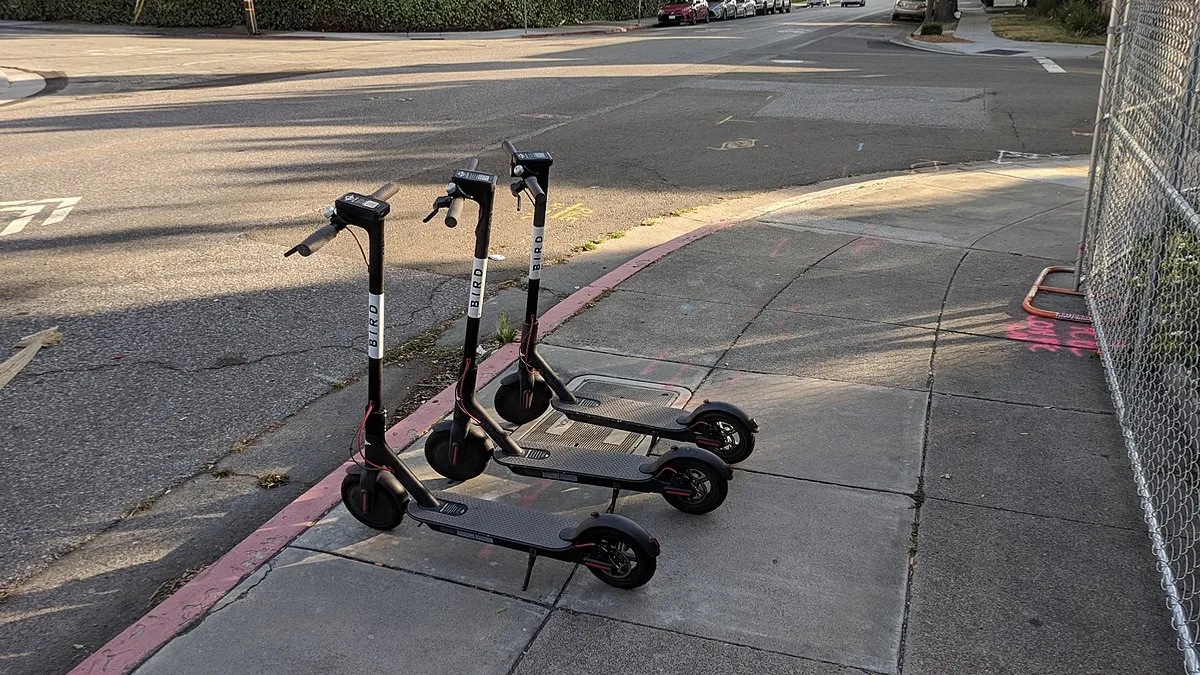Dive Brief:
- Bird announced a new featured called "Community Mode" that will allow users to report irresponsible parking and damaged scooters directly in the Bird mobile app.
- The feature, which is slated to launch in the coming weeks, is expected to expedite scooter repairs and more efficiently maintain scooter fleets across the cities in which it operates.
- "We want to give the broader communities in which we operate the opportunity to partner with us as we help cities alleviate problems associated with congestion and carbon emissions," said Travis VanderZanden, CEO of Bird. "If we want to get cars off the road and make a real impact in the fight against climate change, it’s going to take a collective effort — one we hope Community Mode can help foster.”
Dive Insight:
Illegal "littering" has been the scourge of the dockless bike and scooter craze ever since its initial explosion in 2017. However, operators have remained optimistic users will eventually adopt proper behaviors and practices in parking the vehicles. In March, Lime spokesperson Jack Song told Smart Cities Dive, "I think [littering] is a challenge, I don't think it is a problem." That company has since launched videos, promotional materials and even a $3 million campaign to encourage rider responsibility.
Despite these efforts, riders are continually misusing or damaging scooters without consequences, which has prompted Bird to take a more direct approach to addressing these issues. By encouraging community engagement in reporting misplaced vehicles, Bird is able to indirectly monitor the streets even in communities where large scooter fleets make them more difficult to manage. However, Bird must get the community on board with "community mode" first, perhaps by incentivizing the feature.
As more and more operators come online with dockless offerings, operators and cities together must work to develop more practical solutions to improper parking. Some cities such as Santa Monica, CA have painted street parking zones for dockless vehicles, while operators like Jump have retrofitted its vehicles with locking capabilities. Along with rider education, these solutions can help the trend evolve into a more sustainable mobility option.












